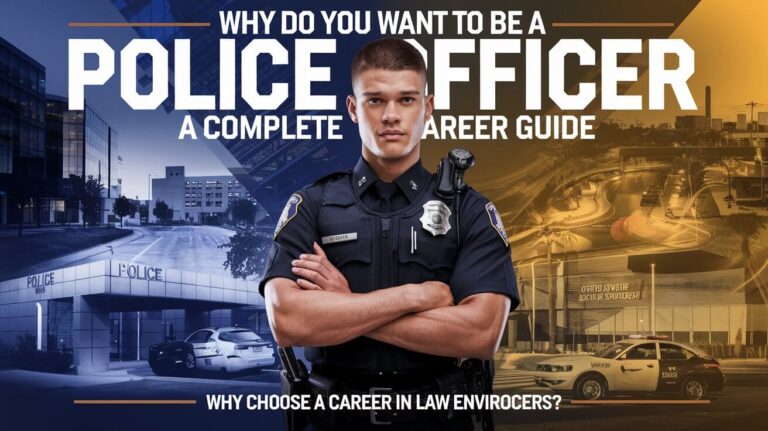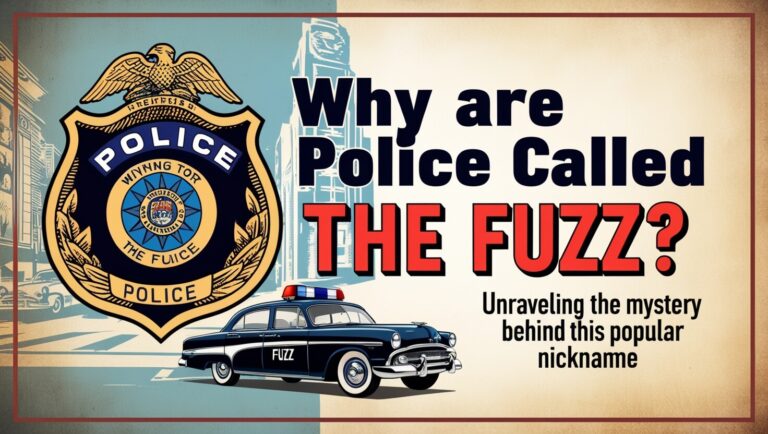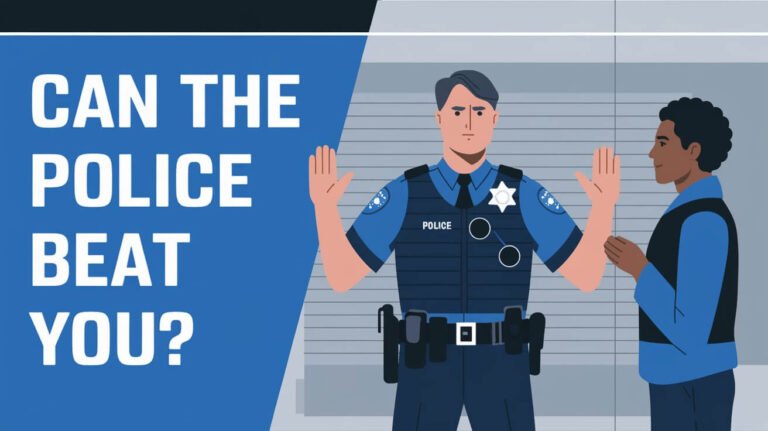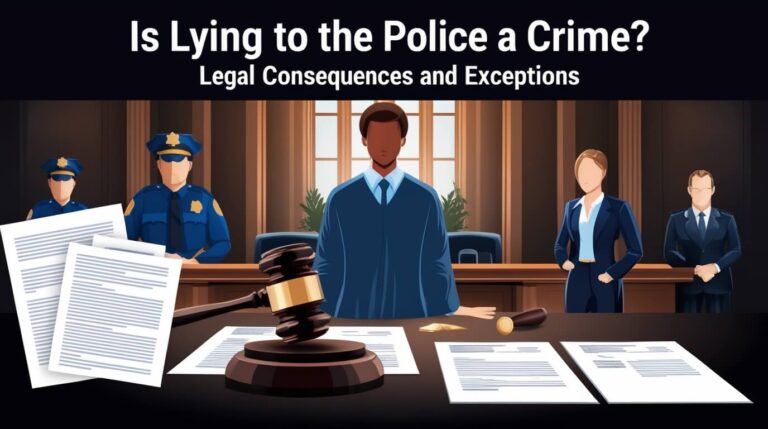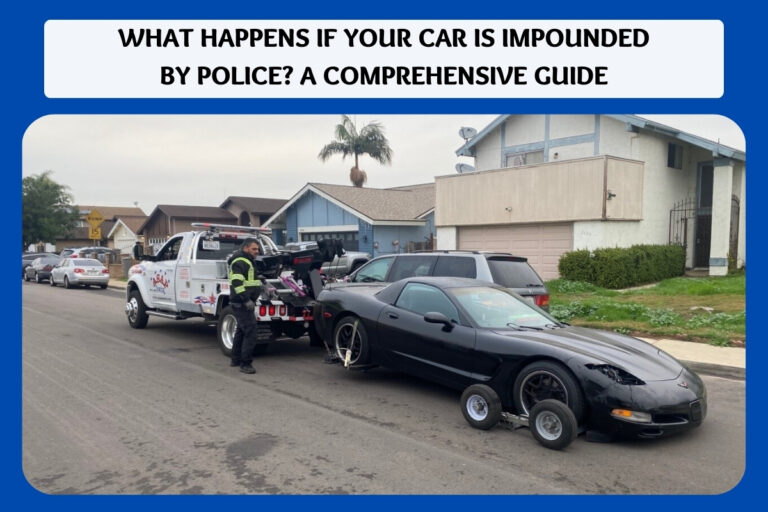What Happened to Martin Hyde and the Police Officer?
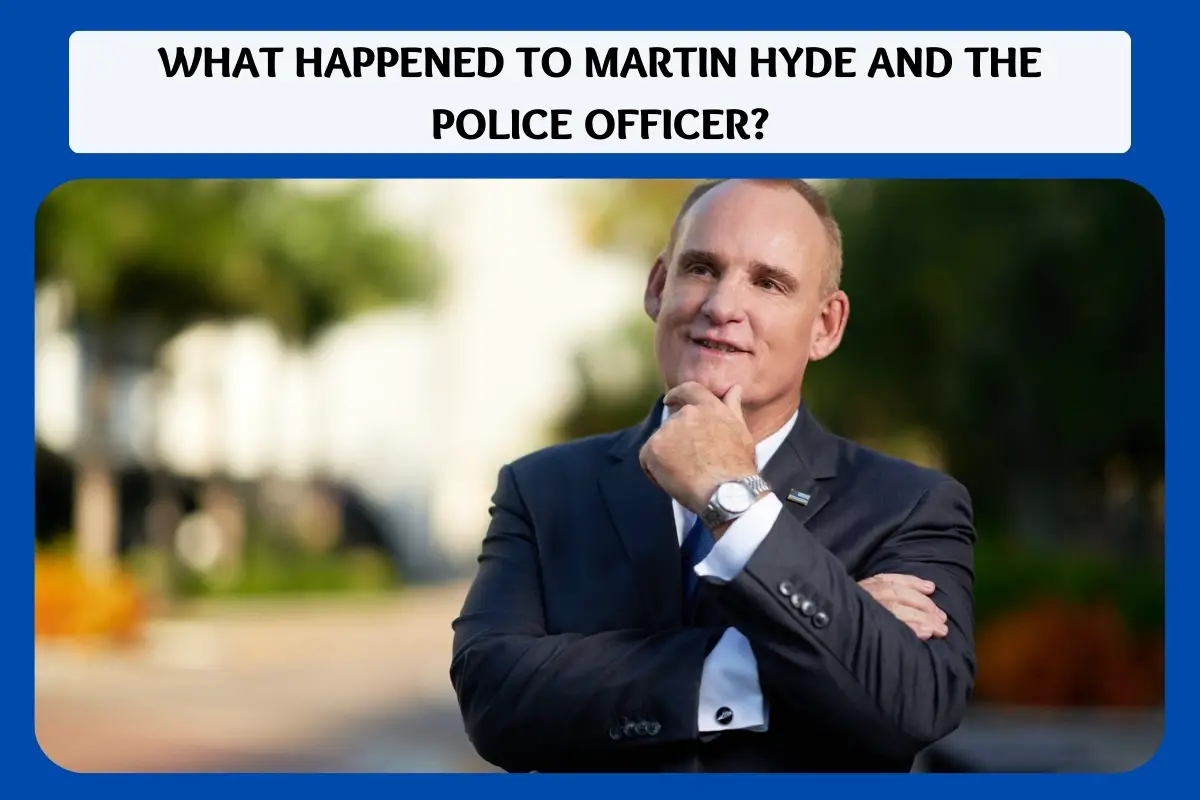
In this detailed article, we’ll explore the intriguing story of Martin Hyde, a Republican congressional candidate in Florida, and his confrontation with a Sarasota police officer during a traffic stop. We’ll dive into the events that unfolded, the aftermath, and the broader implications surrounding this incident.
Martin Hyde, a Sarasota-based businessman and former Republican Party candidate for Florida’s 16th Congressional District, found himself at the center of a viral controversy in February 2022. During a routine traffic stop on Valentine’s Day, Hyde’s encounter with a Sarasota police officer quickly escalated, leading to a series of events that would have significant repercussions for his political aspirations.
The Traffic Stop Incident
Hyde’s Confrontation with the Officer
On the morning of February 14th, 2022, Martin Hyde was pulled over by a Sarasota police officer for speeding and texting while driving. As the officer approached Hyde’s vehicle and informed him of the citations he would be receiving, Hyde’s demeanor took a dramatic turn.
In the body camera footage of the incident, Hyde can be heard telling the officer, “Do you know who I am?” and threatening to “call the chief” in an apparent attempt to avoid the tickets. When the officer remained steadfast in her duties, Hyde took his confrontation to a troubling level, warning that her actions would “end your career.”
The Officer’s Perspective
The Sarasota police officer, identified as Julia Beskin, remained composed and professional throughout the encounter, despite Hyde’s belligerent behavior. Beskin calmly proceeded with issuing the citations, even as Hyde continued to challenge her authority and make veiled threats against her job.
The body camera footage captured the entirety of the interaction, providing a clear record of Hyde’s actions and the officer’s response. Beskin’s ability to maintain her composure in the face of such confrontational behavior from a prominent political figure spoke volumes about her dedication to upholding the law.
Hyde’s Public Apology
In the aftermath of the incident, Martin Hyde issued a public apology, acknowledging that his behavior was unacceptable. “I tried to bully her,” Hyde said, expressing regret for his actions. He admitted that his aggressive verbal behavior was not an isolated incident, but rather a recurring issue that he had struggled with in the past.
Hyde’s apology, while seemingly sincere, did little to quell the public outcry over his actions. Many viewed his confrontation with the officer as a blatant display of abuse of power and a complete disregard for the rule of law.
Hyde’s Congressional Campaign
Impact on His Political Aspirations
The fallout from the traffic stop incident threatened to derail Martin Hyde’s congressional campaign. Initially, his campaign consultant, the well-known political strategist Roger Stone, announced that Hyde was withdrawing from the race. However, in a subsequent interview with Fox News host Tucker Carlson, Hyde indicated that he was still in the running, despite the controversy.
The incident raised serious questions about Hyde’s fitness for public office and his ability to represent the constituents of Florida’s 16th District. Many wondered whether his aggressive behavior and apparent sense of entitlement would undermine his ability to effectively serve the community.
Support from Conservative Media
Surprisingly, the incident also drew the attention of conservative media, with Tucker Carlson’s Fox News program featuring an interview with Martin Hyde. In a rare move, Carlson praised Hyde for his public apology, framing him as an exception to the typical politician who rarely takes responsibility for their actions.
Carlson’s support for Hyde, despite the controversial nature of the traffic stop, highlighted the complex and sometimes polarizing nature of political discourse in the United States. While some viewed Hyde’s actions as unacceptable, others saw his willingness to own up to his mistakes as a refreshing and admirable quality.
Aftermath and Lessons Learned
Sarasota Police Department’s Response
The Sarasota Police Department did not review the actions of Officer Beskin, indicating that the primary focus of the investigation was on Martin Hyde’s behavior during the traffic stop. This decision underscored the department’s confidence in the officer’s professionalism and their belief that the onus was on the congressional candidate to address his own conduct.
Takeaways and Reflections
The Martin Hyde and police officer incident serves as a cautionary tale about the importance of personal responsibility and the need for elected officials to uphold the highest standards of conduct. As public servants, those in positions of power have a duty to set an example for the community they serve, and any abuse of that authority can have far-reaching consequences.
Moreover, this incident highlights the ongoing challenge of maintaining civility and respect in our political discourse. In a time of deep partisan divides and heightened tensions, it is crucial for leaders to model the behavior they wish to see in their constituents.
In Short..
In the end, the saga of Martin Hyde and the Sarasota police officer serves as a thought-provoking case study on the intersection of politics, law enforcement, and the importance of personal accountability. As we reflect on the events that unfolded, it is clear that this incident has broader implications for the way we expect our elected officials to conduct themselves and the standards we hold them to.
Regardless of one’s political affiliation, the actions displayed by Martin Hyde during the traffic stop incident should be a cause for concern. The willingness to leverage one’s connections and status to avoid the consequences of one’s actions undermines the very principles of a fair and just society.
As we move forward, it is our collective responsibility to demand more from our political leaders and to hold them accountable for their conduct, both in their professional and personal lives. Only by upholding these high standards can we ensure that our elected officials truly serve the best interests of the people they represent.

